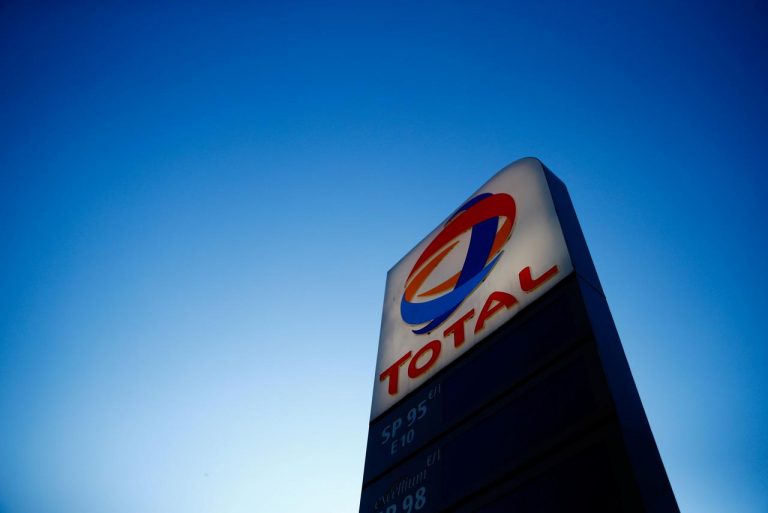France’s Total rejects force majeure notice from Chinese LNG buyer

ABERDEEN/SINGAPORE (Reuters) – French oil major Total rejected a force majeure notice from a liquefied natural gas (LNG) buyer in China, the first global energy supplier to push back publicly against a firm trying to back out of a contract amid the coronavirus outbreak.
The move by the Chinese buyer is likely to increase concerns that Chinese importers, or even exporters of product parts to global firms, could use force majeure certificates to get out of long-term contracts, trade sources said.
Companies invoke force majeure when they cannot meet their contractual obligations because of circumstances beyond their control.
The effect is being felt in the spot crude oil and LNG market as sales have slowed into China, the world’s top energy consumer, increasing supplies and depressing energy prices.
Last week, a Chinese international trade promotion agency said it would offer force majeure certificates to companies struggling with the epidemic to give to their overseas partners.
So far, most of the applications for the certificates had been from Chinese exporters, although there were a few inquiries from importers, a source familiar the matter said.
The outbreak, which has claimed more than 630 lives and infected over 31,000 people, has forced companies to shut factories and stores across China and led to flight cancellations as governments and firms curb travel.
“Some Chinese customers, at least one, are trying to use the coronavirus to say I have force majeure,” Philippe Sauquet, head of Total’s gas, renewables and power segment, said on Thursday.
“We have received one force majeure that we have rejected.”
Sauquet did not disclose the name of the buyer.
Total has about 10 LNG cargoes due to land in China this month and at risk of force majeure, according to a person familiar with the matter. Among 35 LNG tankers scheduled to land this month, Royal Dutch Shell and Qatargas, a unit of Qatar Petroleum, also have large Chinese exposures, the person said.
Total, Shell and Qatargas did not immediately reply to requests for comment on the cargoes at risk.
China National Offshore Oil Corporation (CNOOC), which sources said is among Total’s biggest LNG customers, declared force majeure on some prompt deliveries with at least three suppliers, Reuters reported on Thursday.
CNOOC did not respond to a request for comment.
“This rift has the potential to become quite ugly because of the contractual precedent it threatens to set,” said Ira Joseph, head of global gas and power analytics at S&P Global Platts.
Guangxi Nanguo Copper, a smelter in Southwest China, on Friday also declared force majeure on copper concentrate shipments, two sources briefed on the matter told Reuters.
MISUSE?
Prices of LNG supplied from long-term contracts are currently more than double the cost of spot cargoes.
Chinese companies including CNOOC were offering to resell LNG cargoes in the spot market even before the outbreak, as they struggled to shift high inventory amid weak demand due to a slowing economy and a milder winter.
“There is a strong temptation from some long-term customers to try to play with the force majeure concept,” Total’s Sauquet said. “To say I cannot take my cargo under the long-term contract, but I would like to buy spot is contradictory.”
LNG contracts are typically governed by English law which spell out events constituting a force majeure and some may include the epidemic clause, lawyers told Reuters. Serving the force majeure notice is the first step in a drawn out process, they said.
Also, the onus to demonstrate a force majeure is on buyers to prove that they are not physically able to receive the cargo. For instance, if there are port closures or if workers are unable to get to the ports due to the virus.
“Force majeure is usually aimed at dealing with events such as unforeseen operational outages, rather than changes in broader economic circumstances, such as LNG demand or exchange rates,” said Rob Patterson, partner at law firm Haynes and Boone.